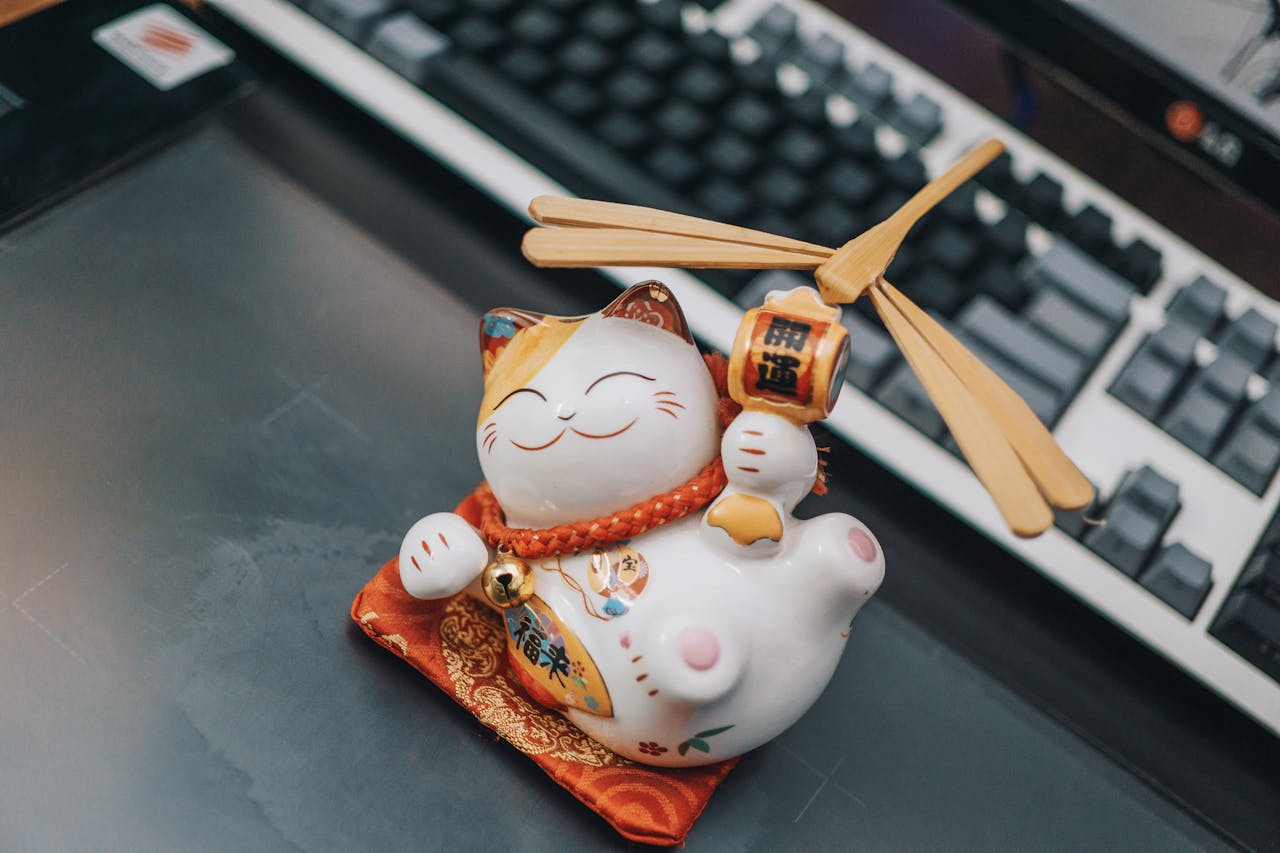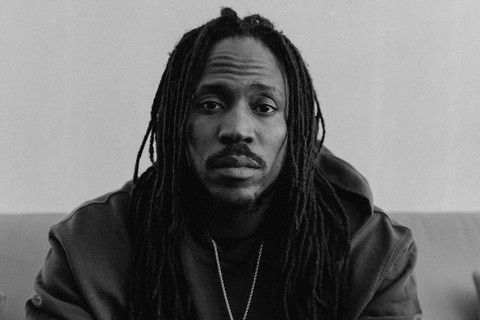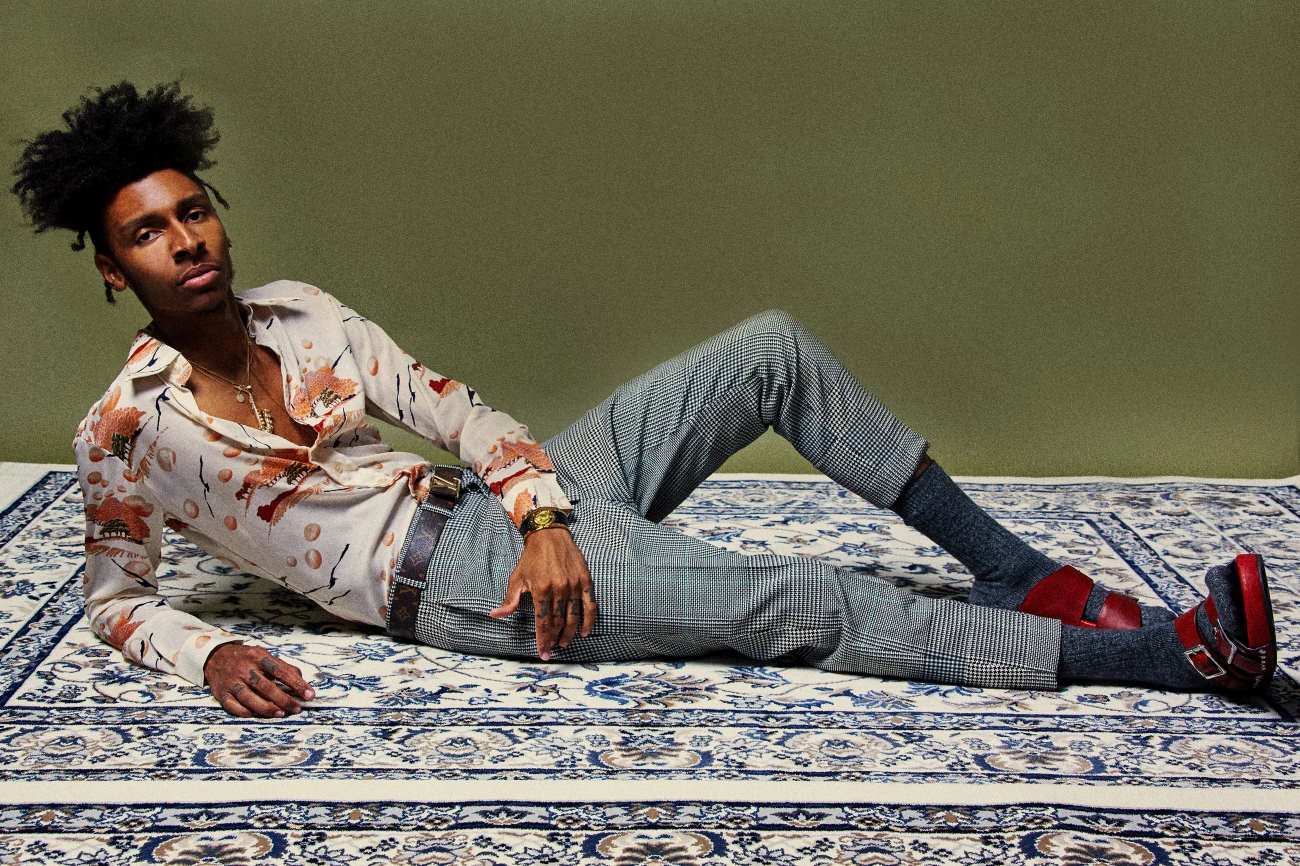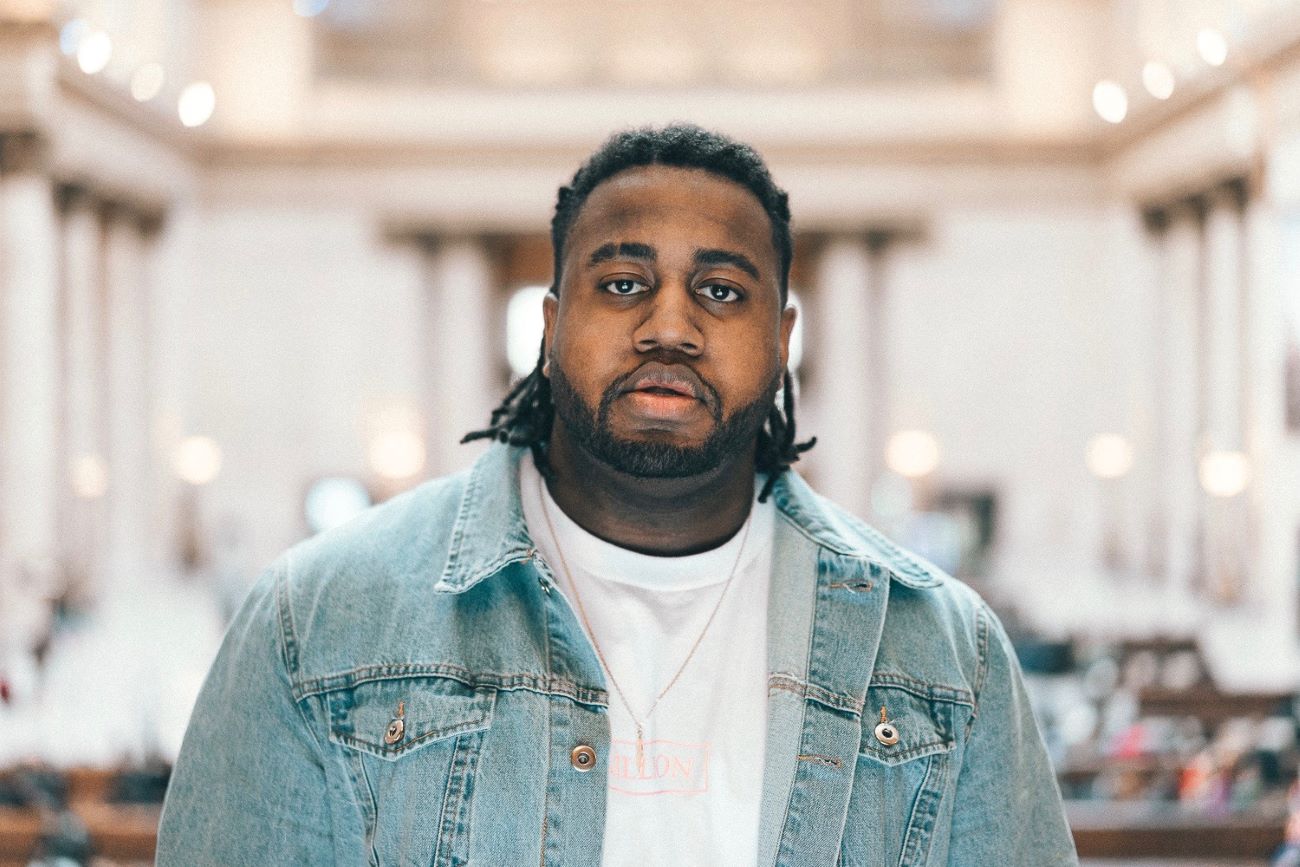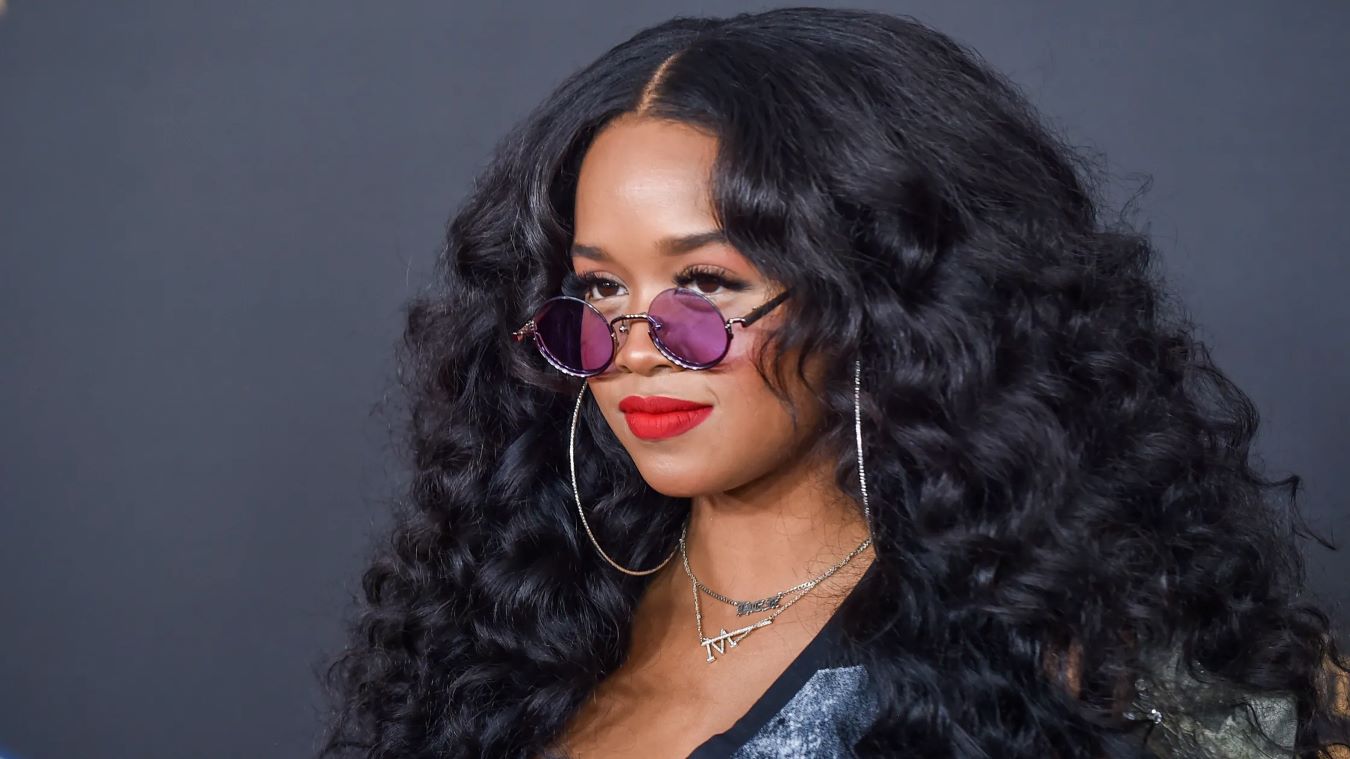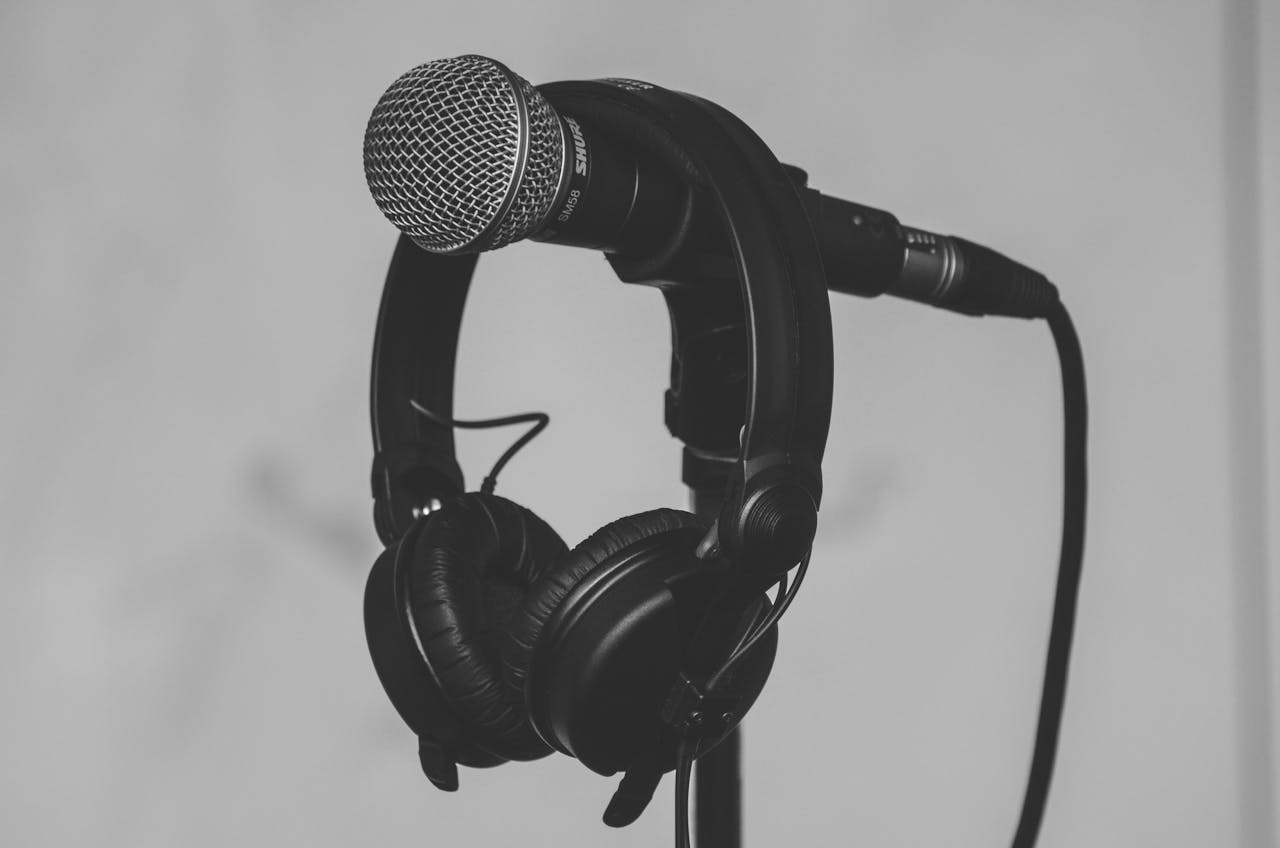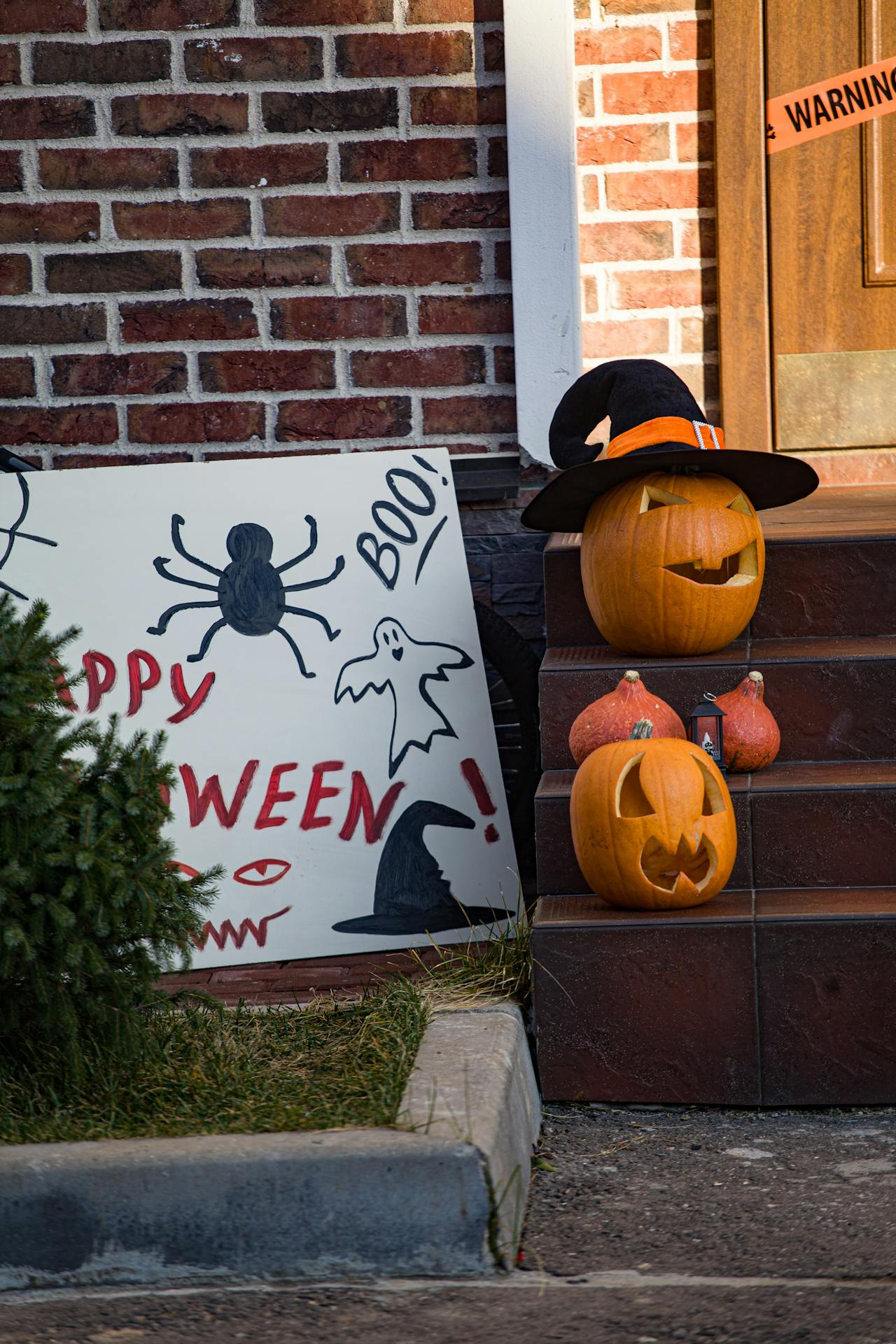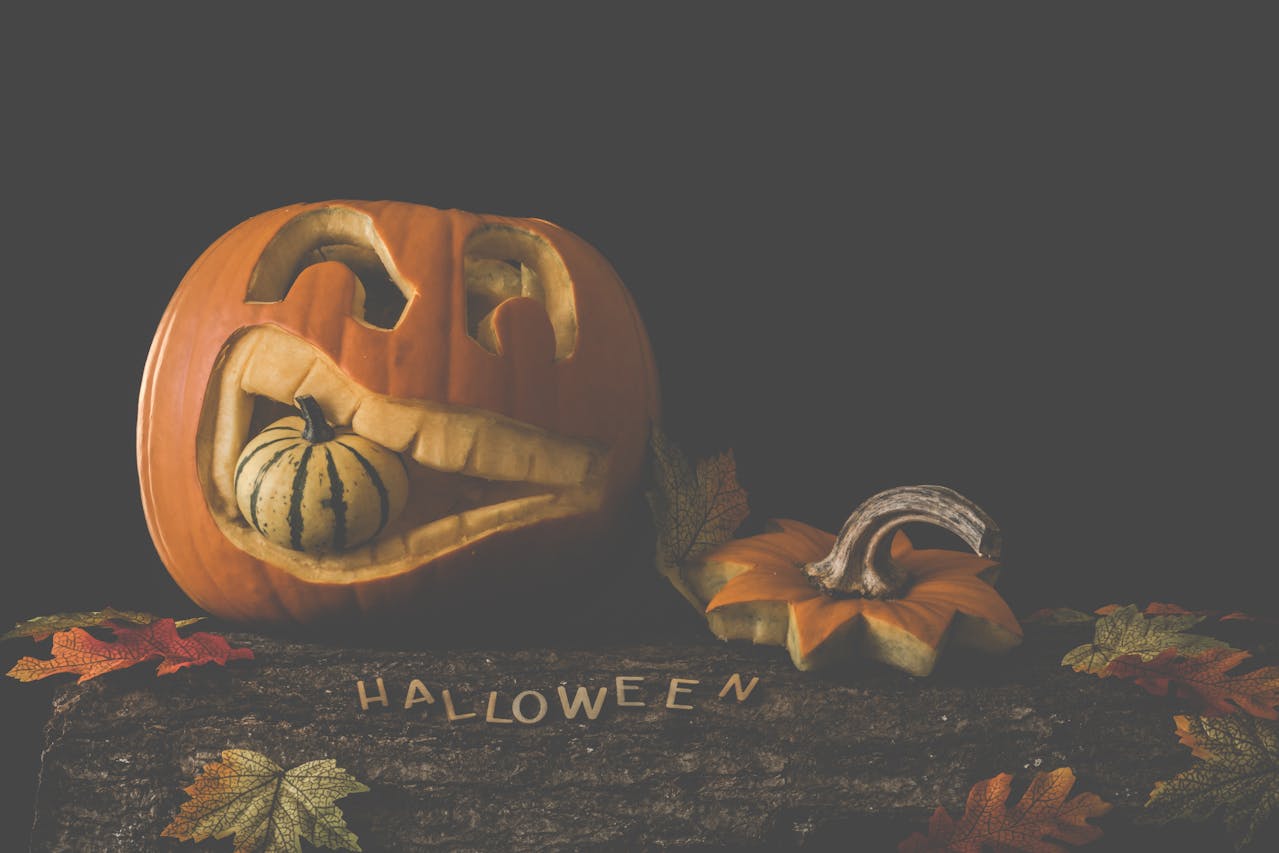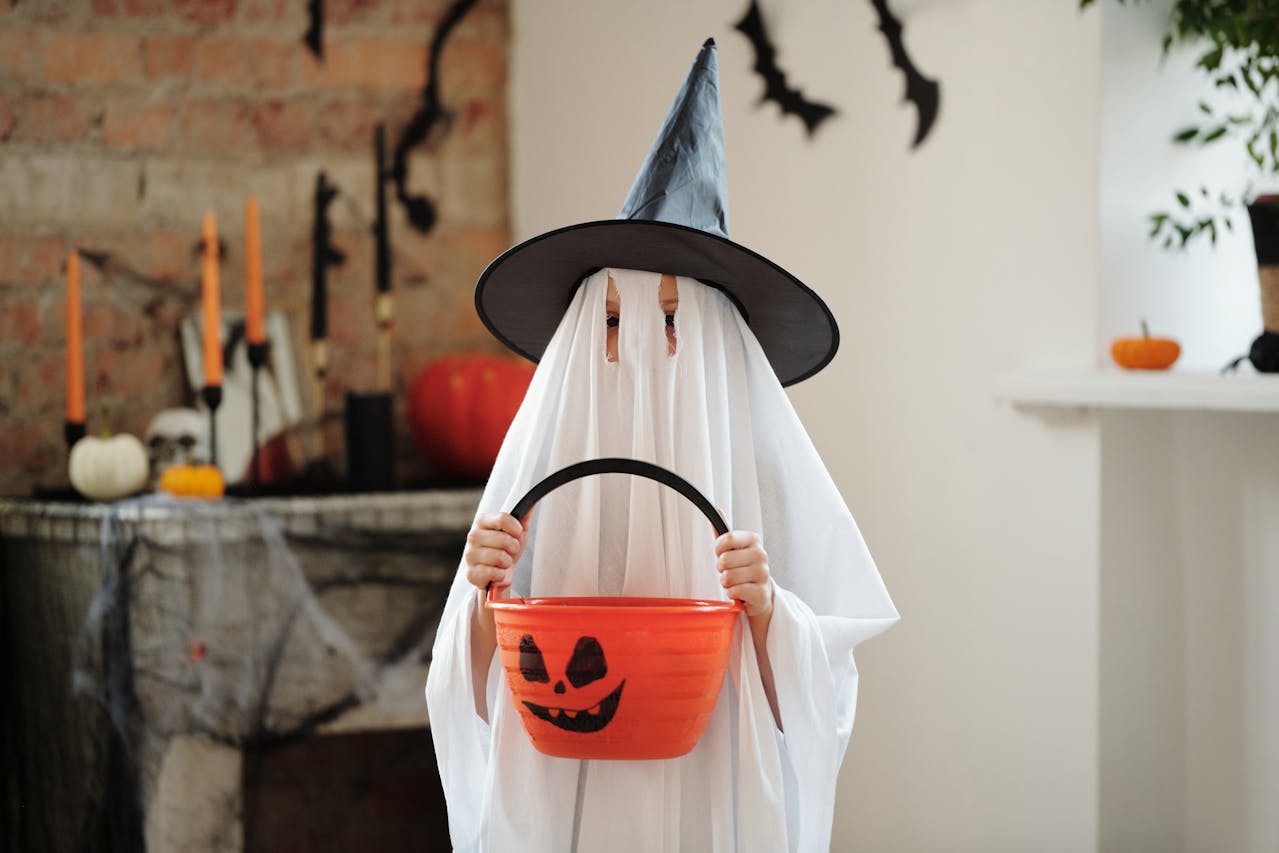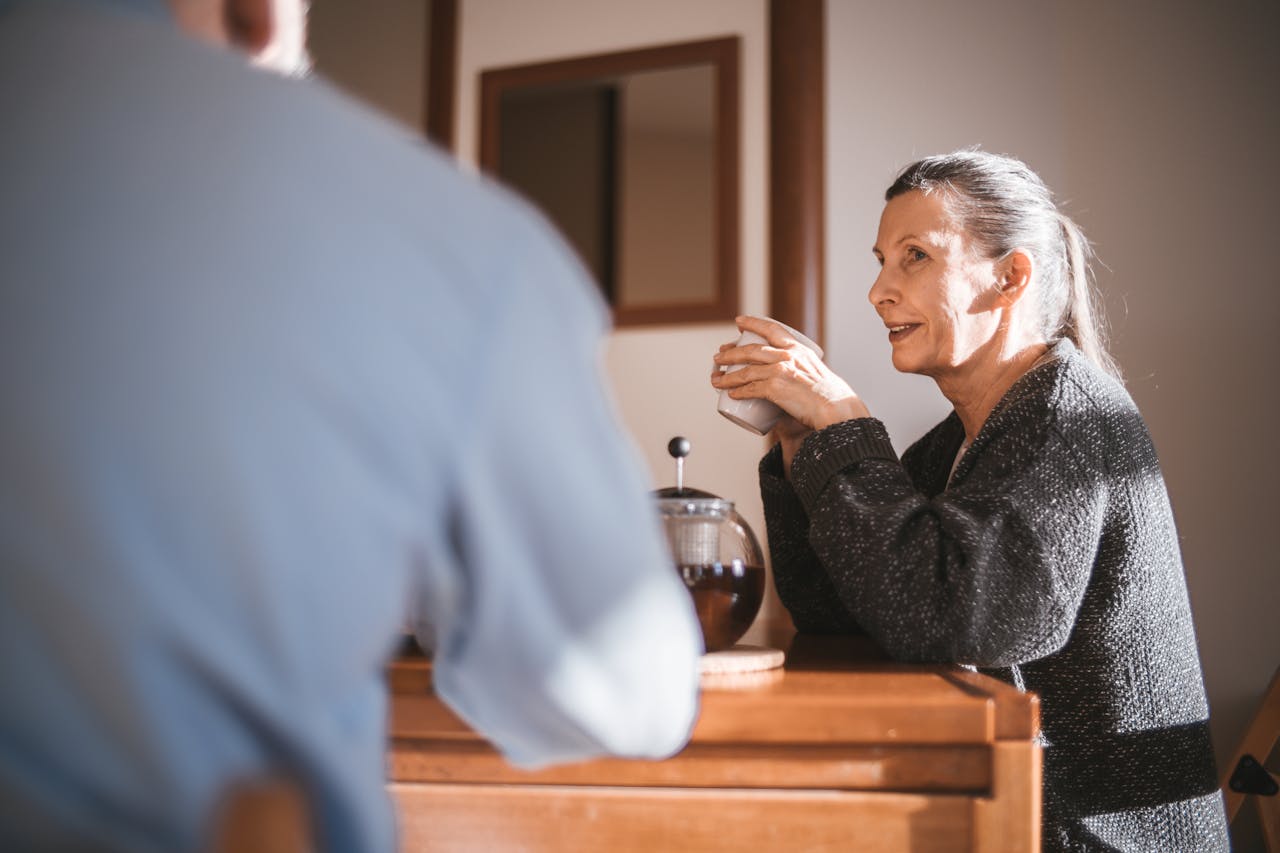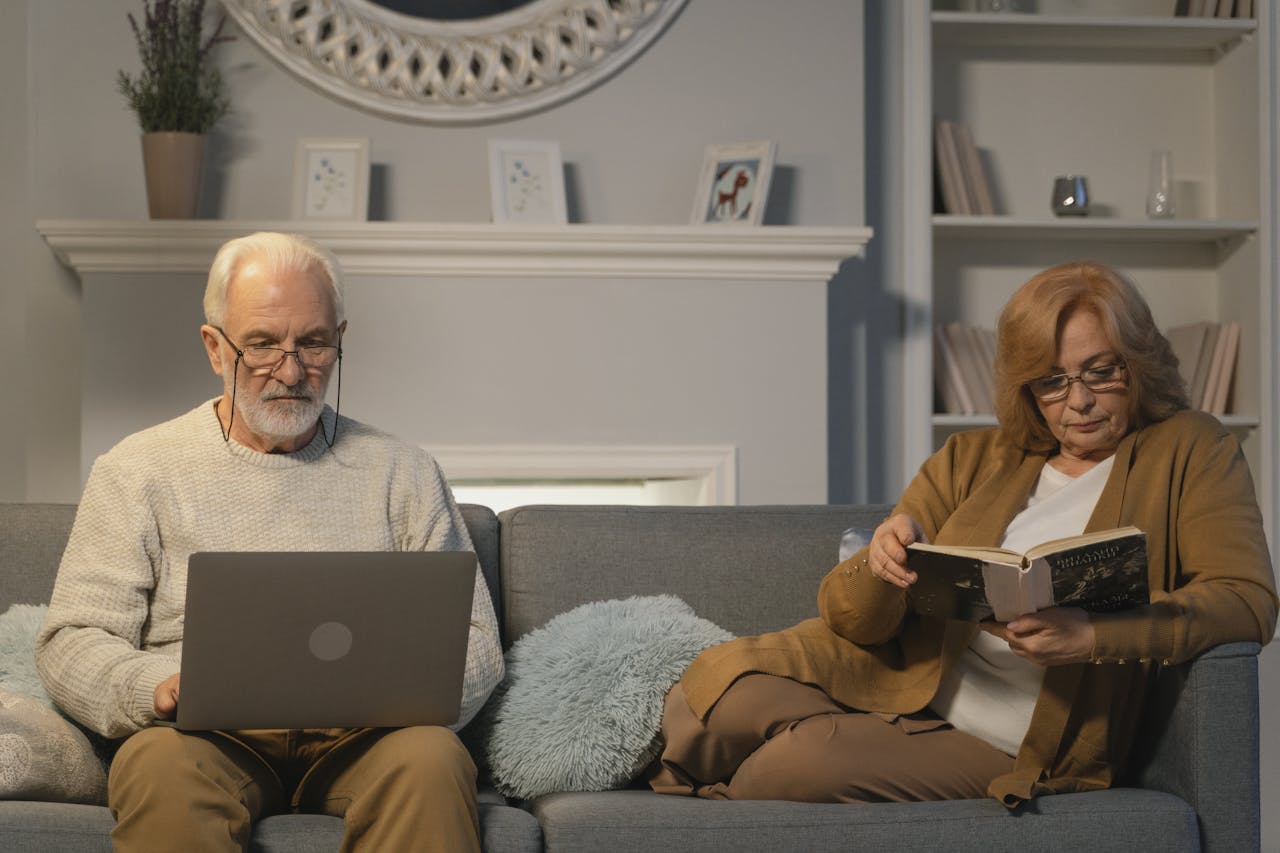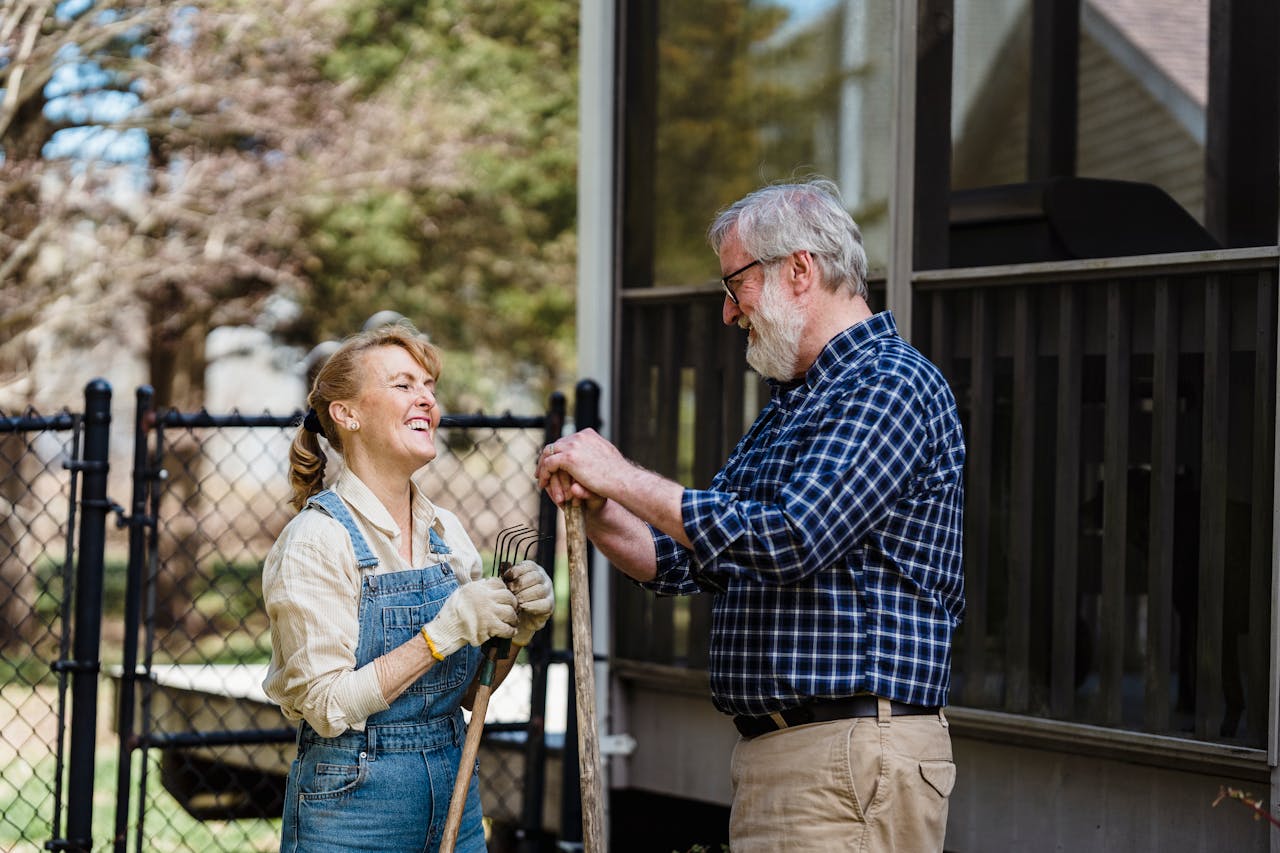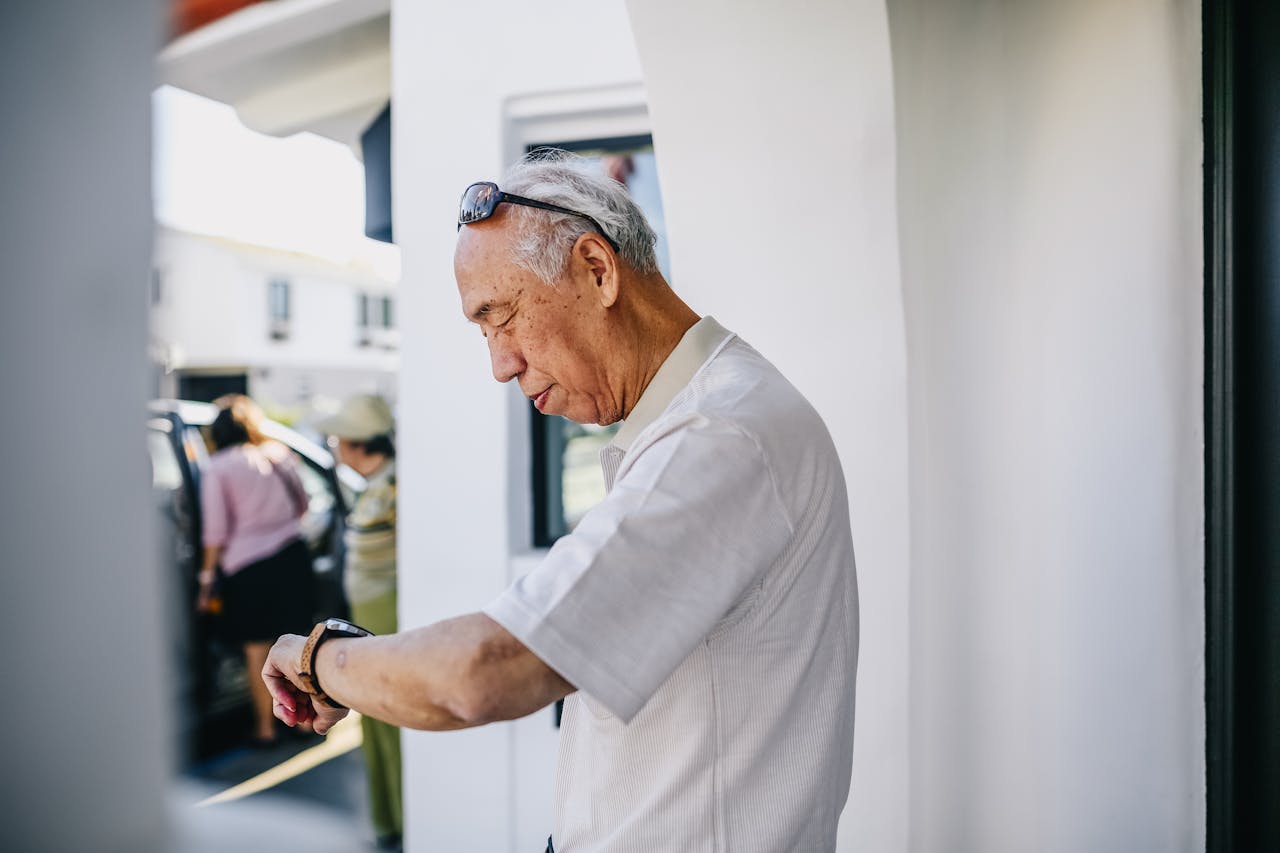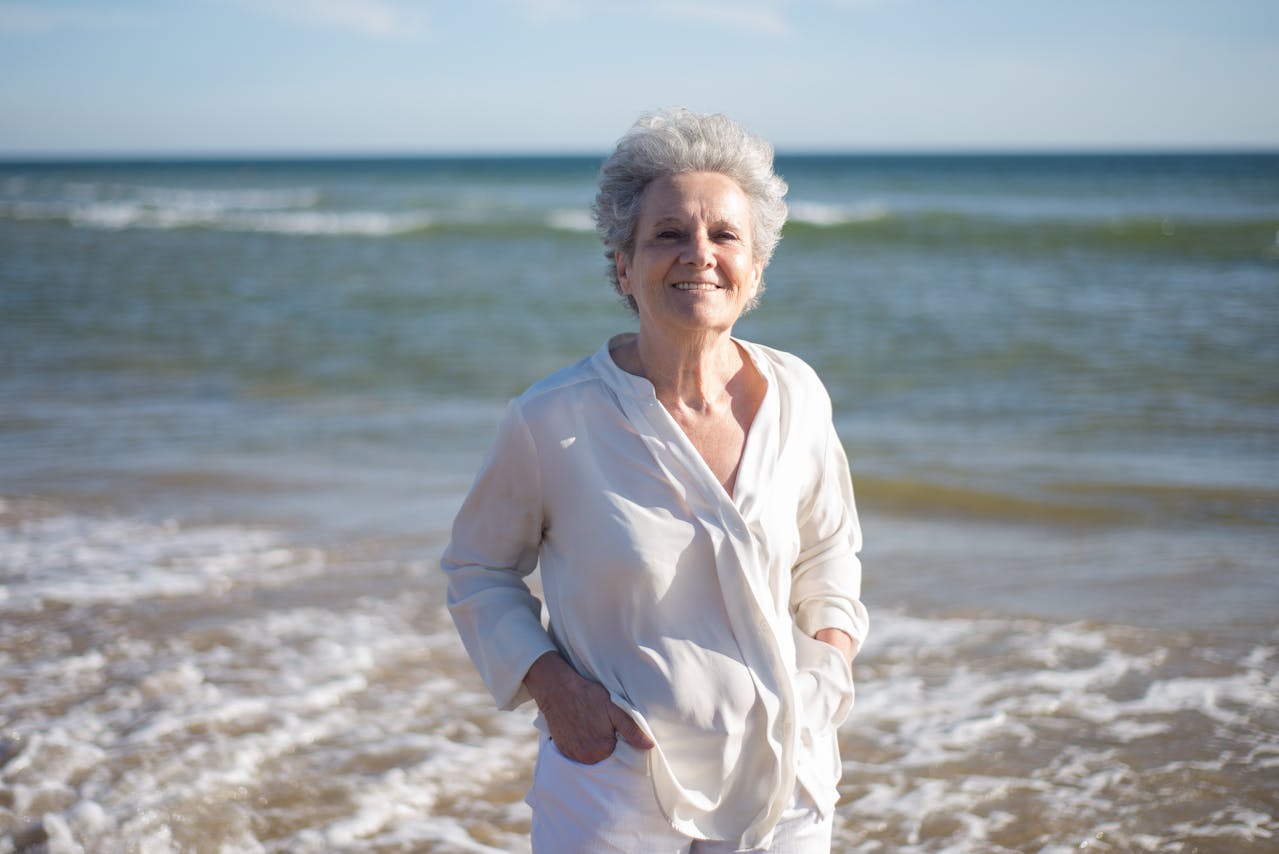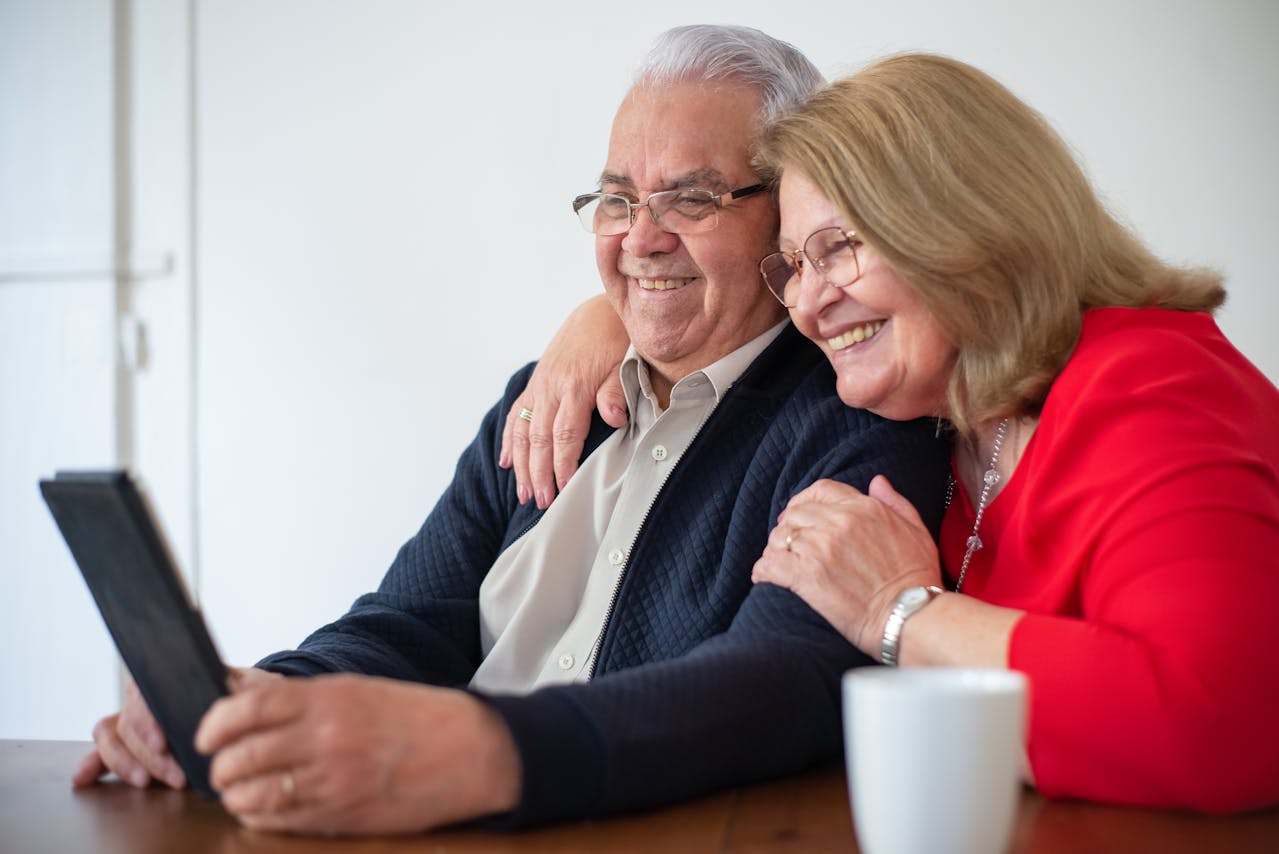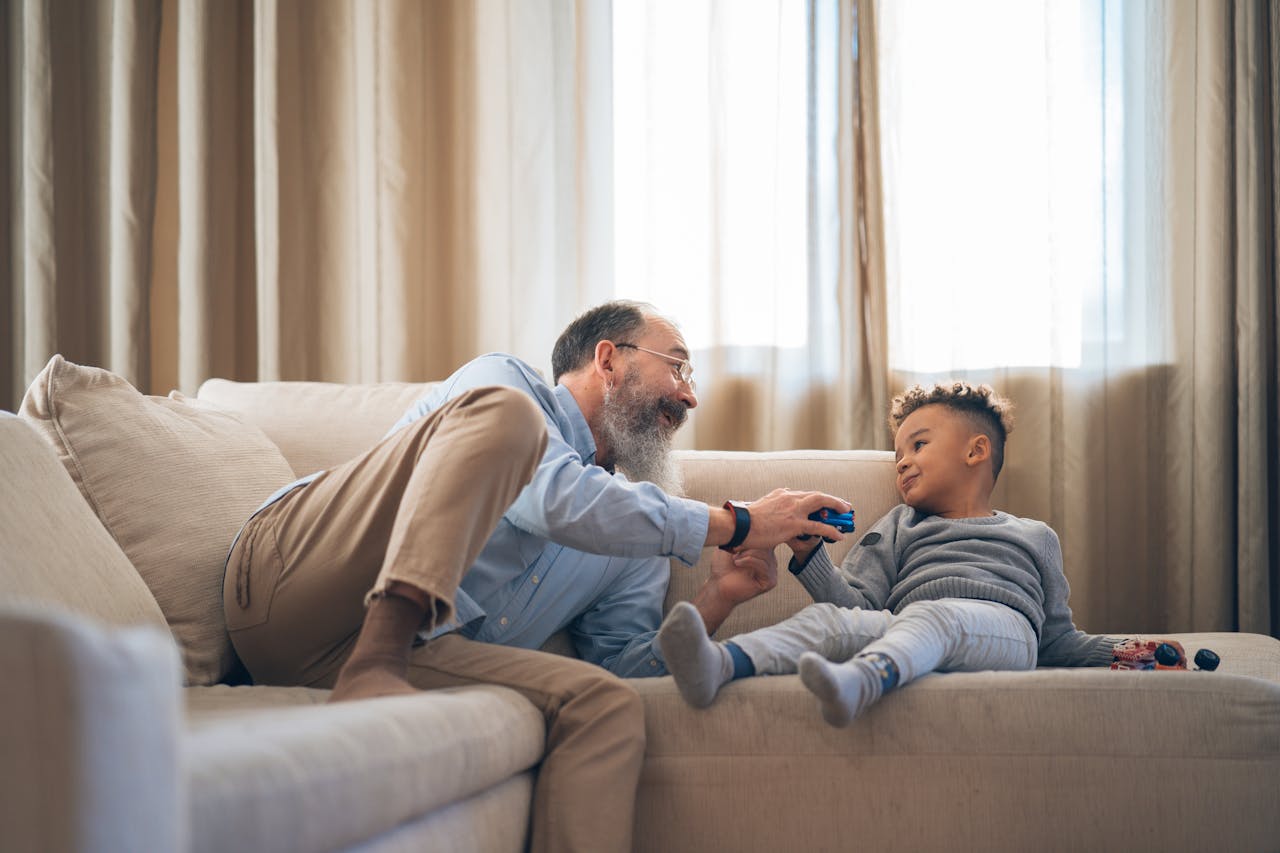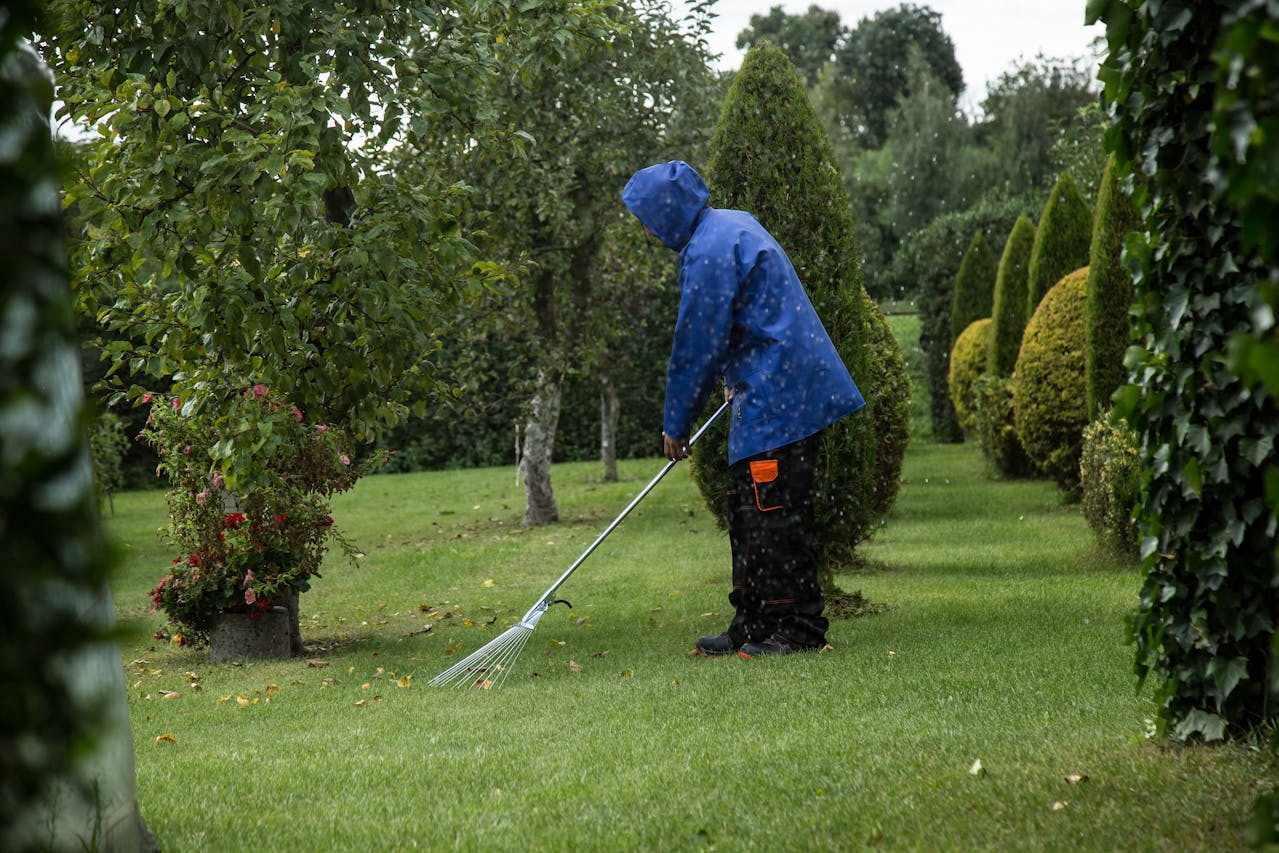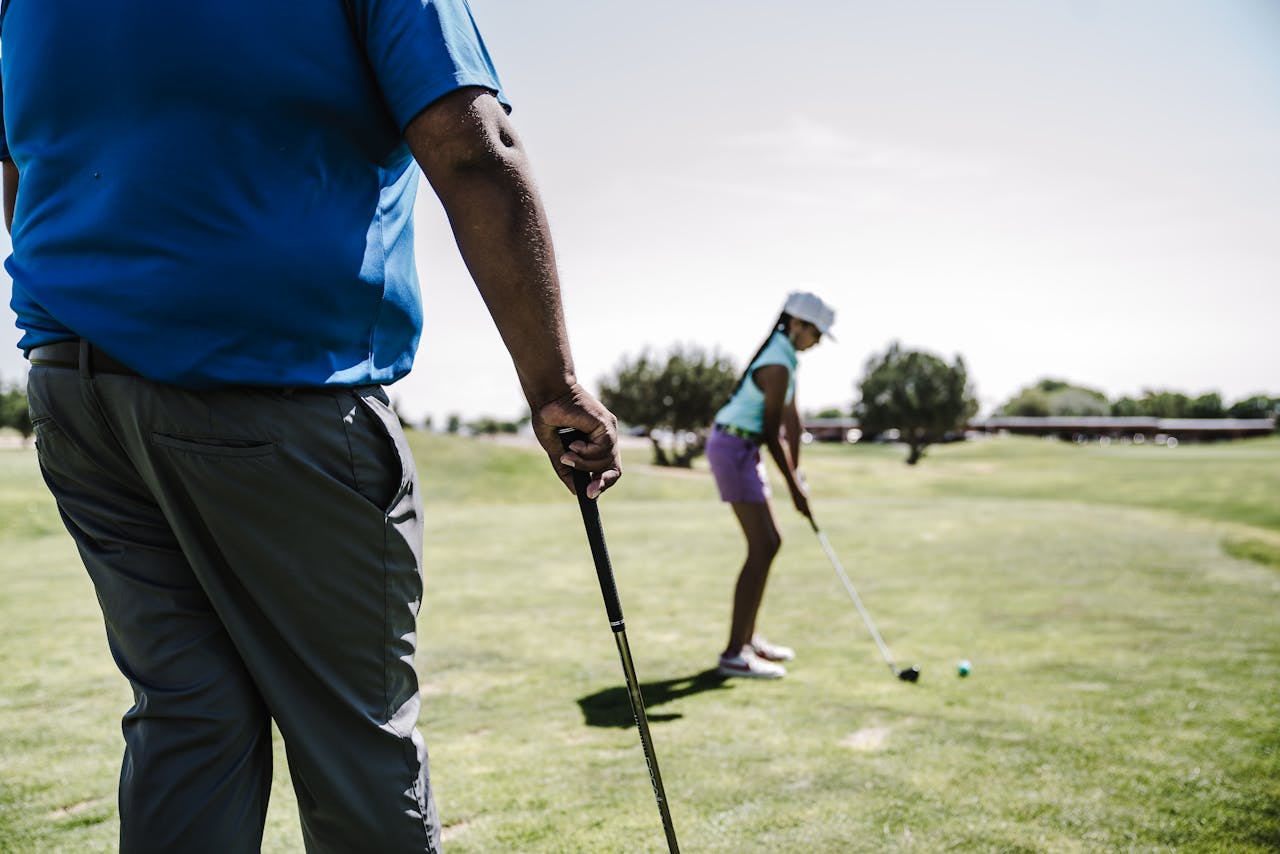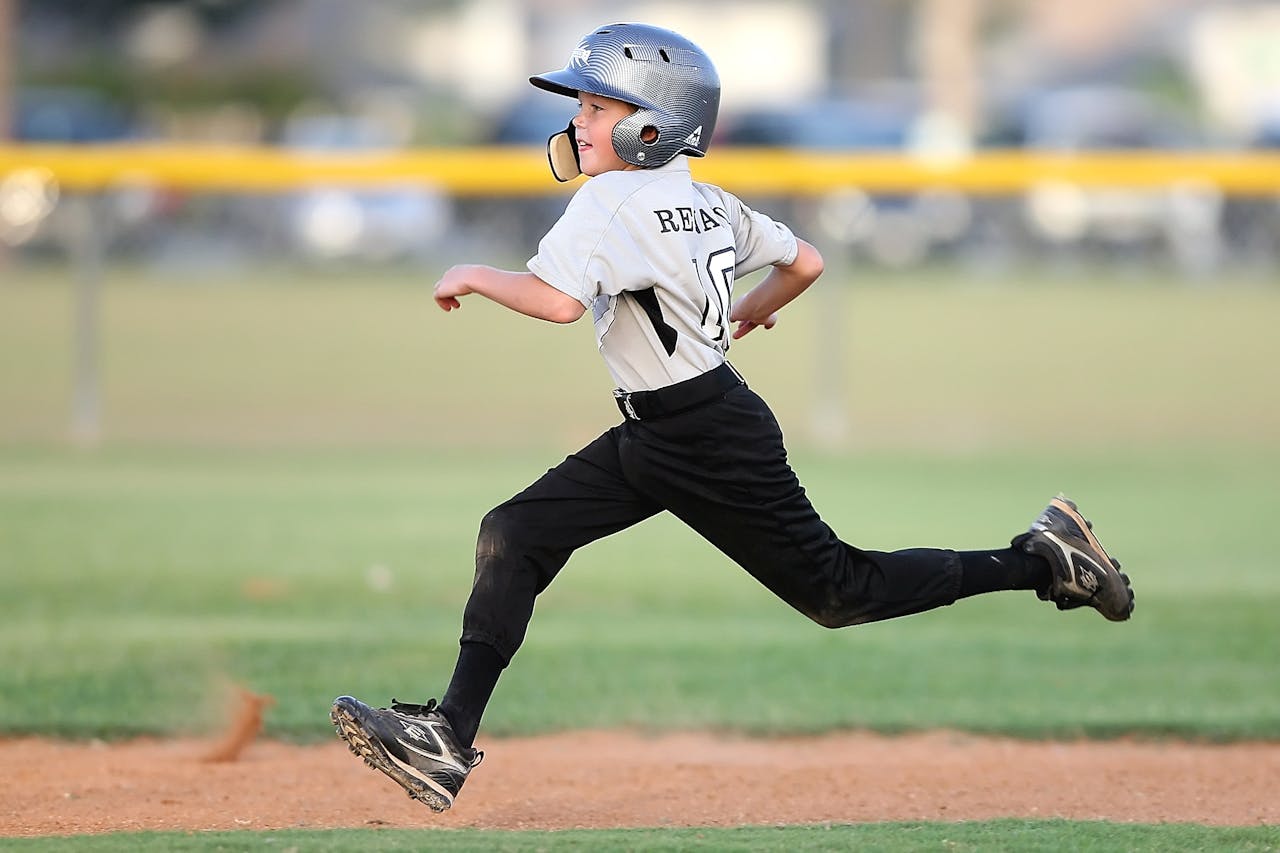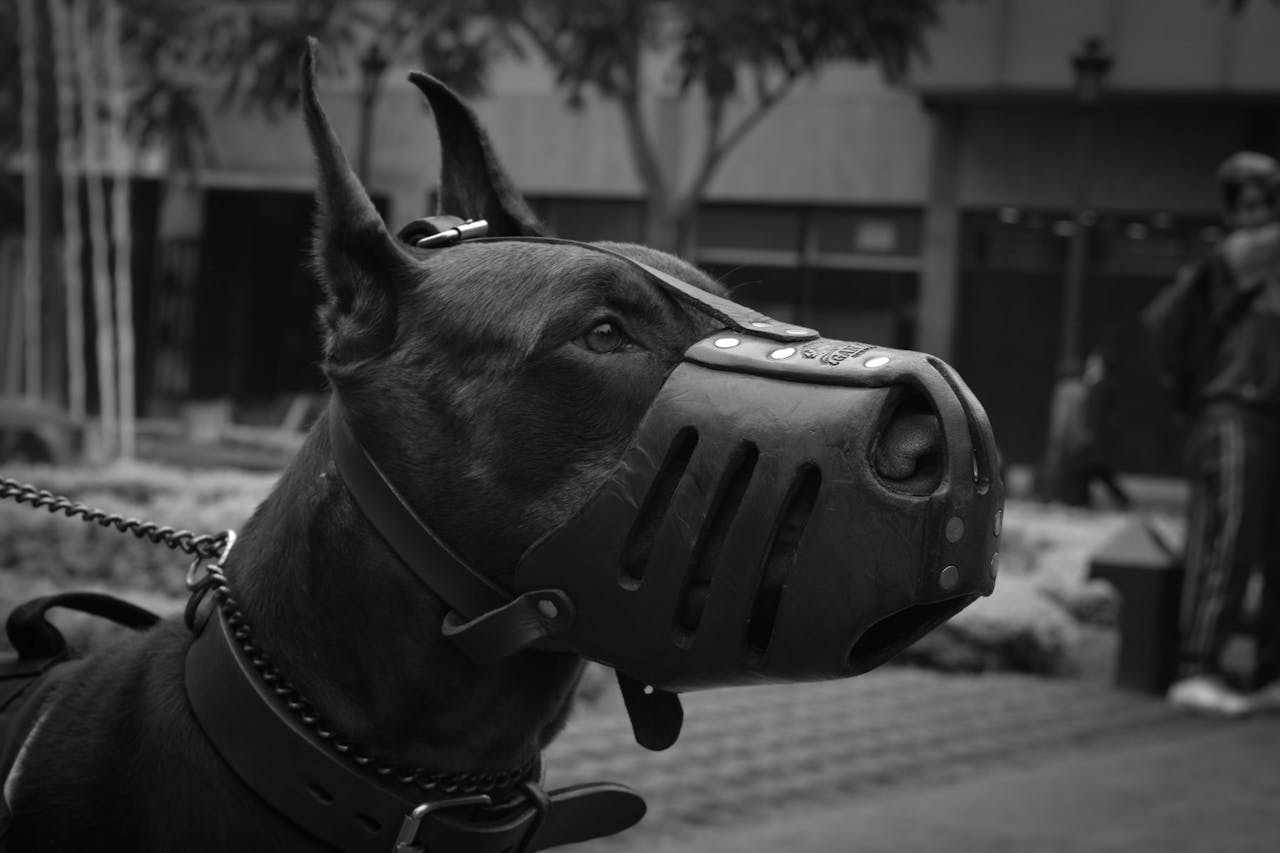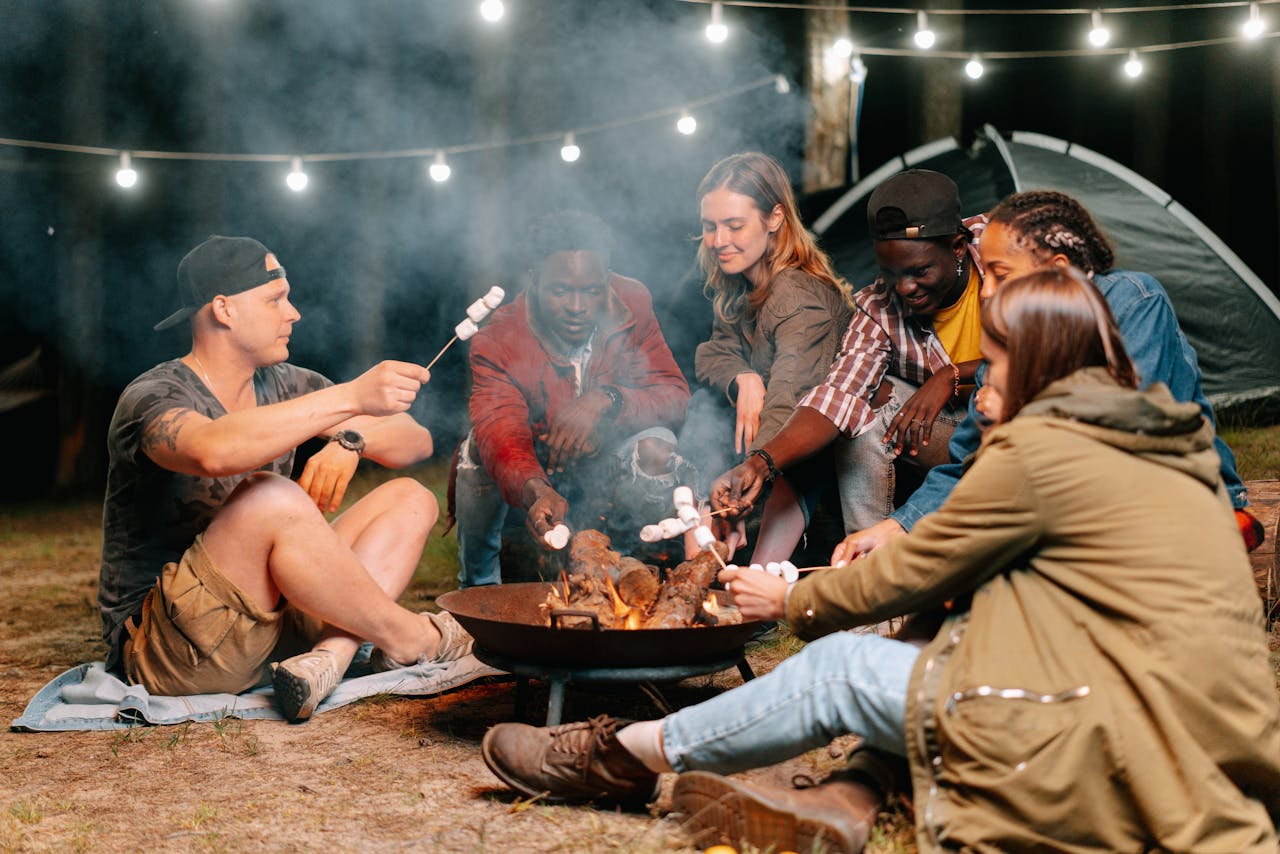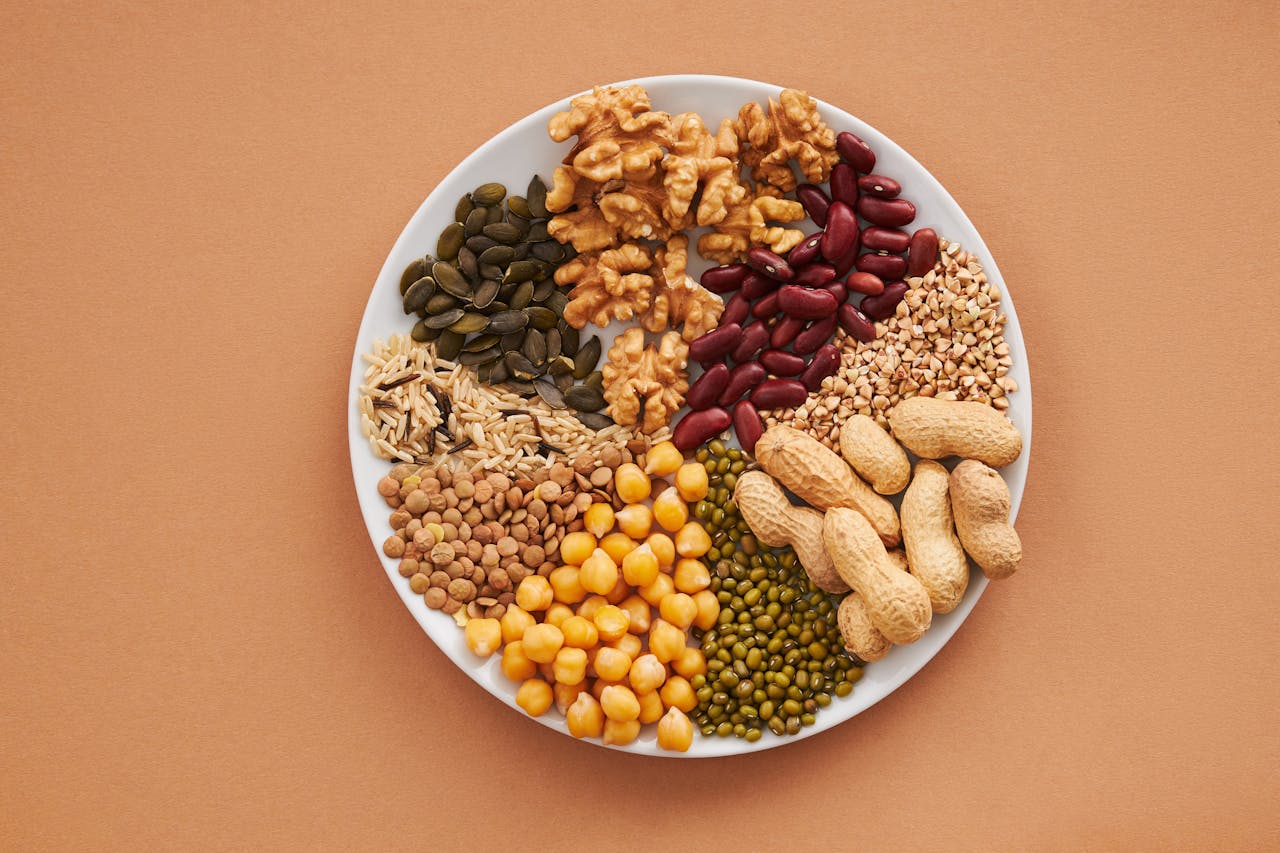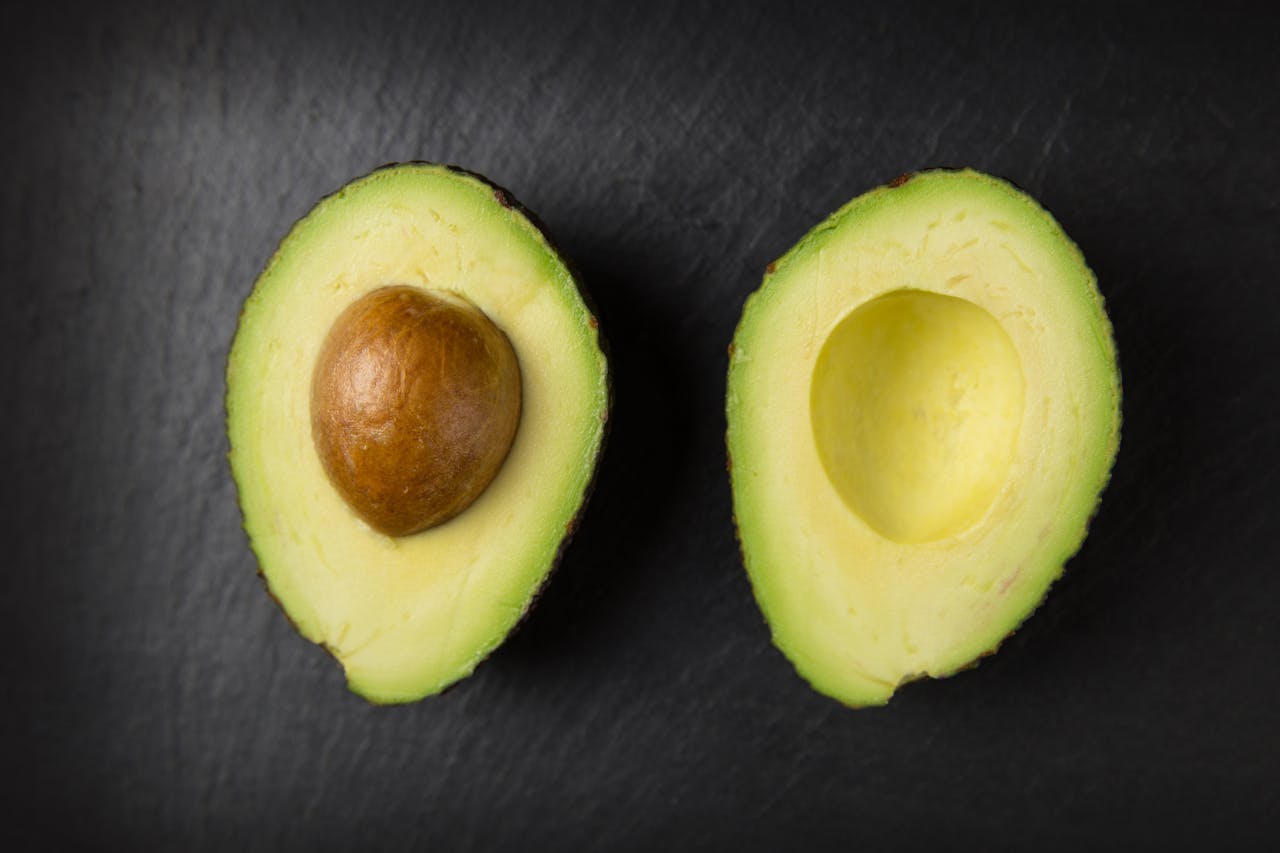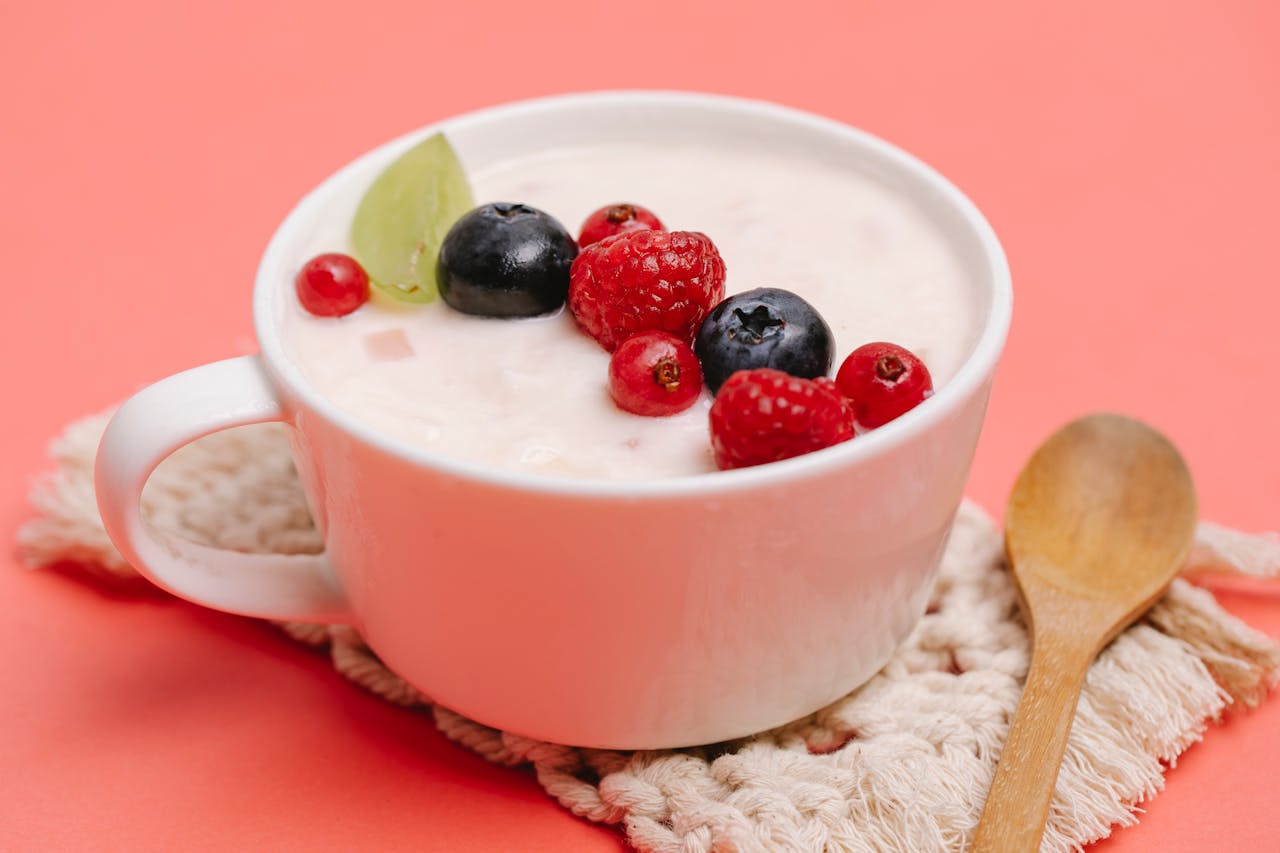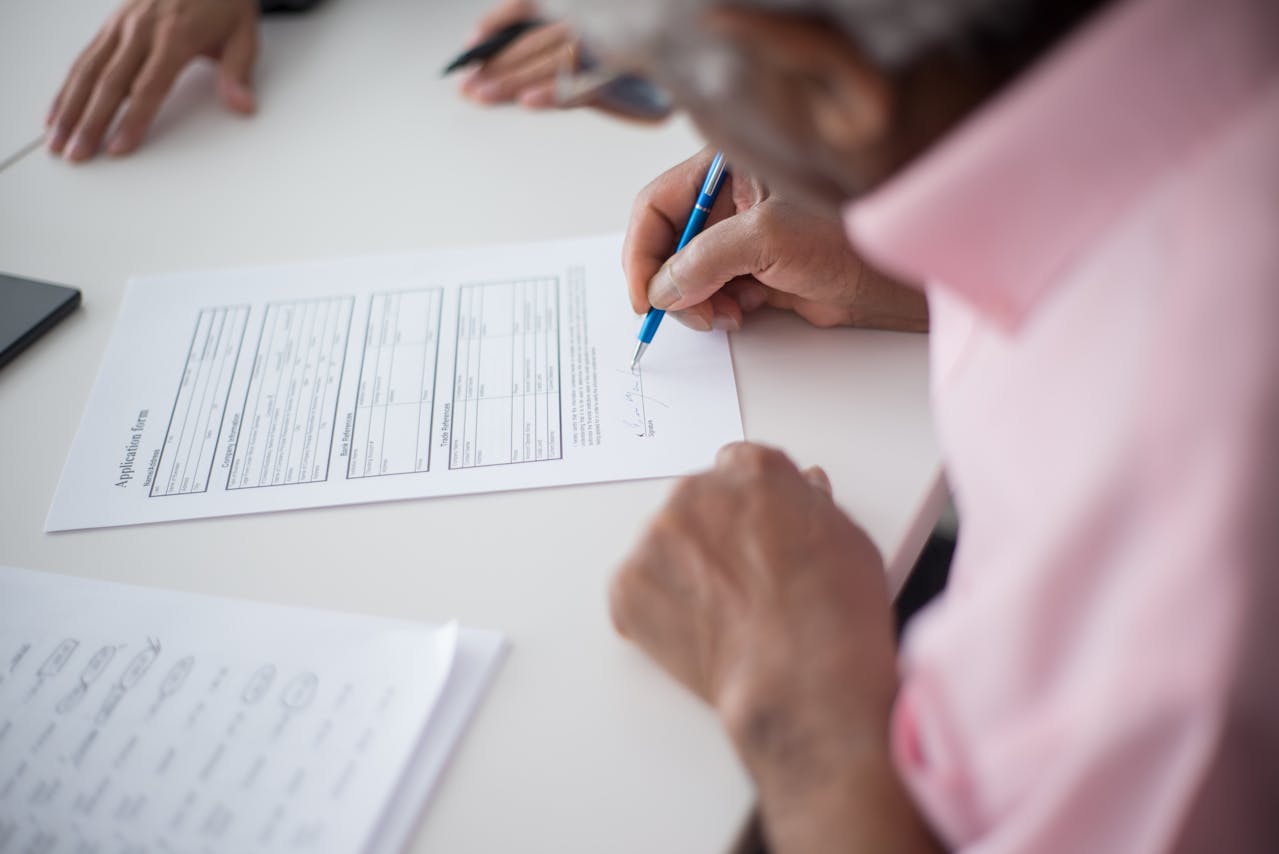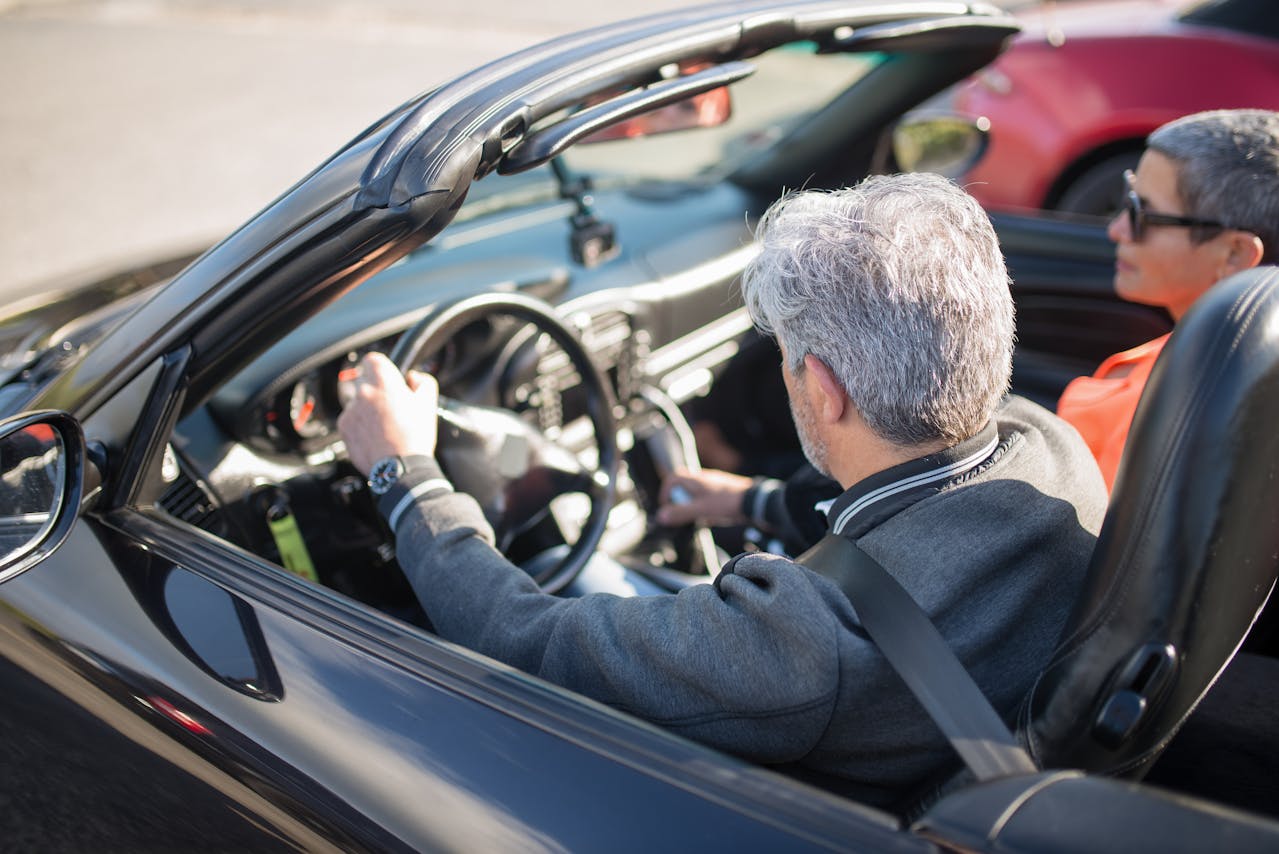8 Ways to Start Investing with Less Than $1,000
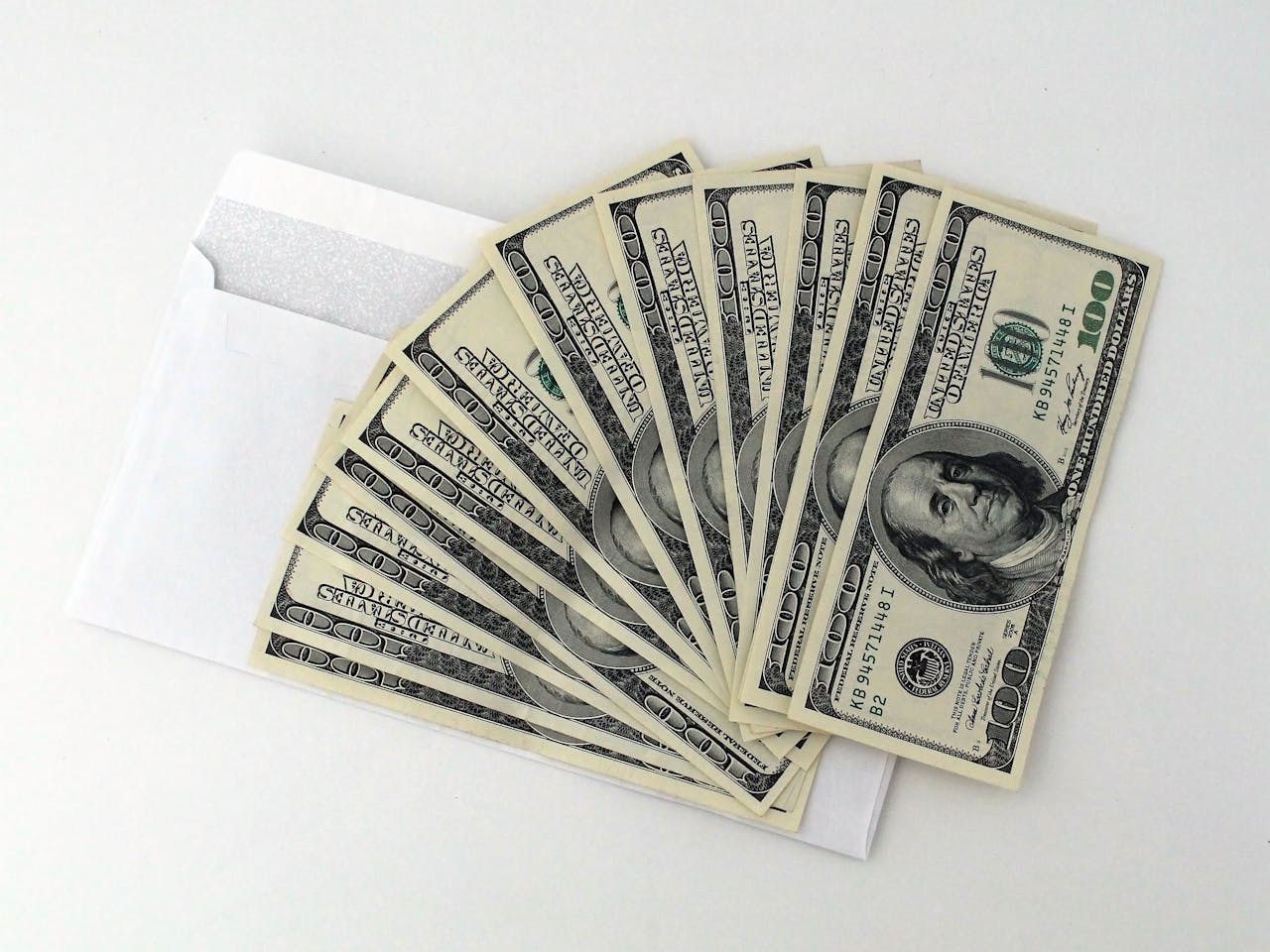
Investing is often perceived as a daunting task, especially for beginners who assume they need significant capital to get started. However, the truth is that you can begin your investment journey with less than $1,000. With the right strategies and tools, even a modest sum can be the foundation for growing your wealth over time. Today, we’ll explore eight accessible ways to start investing with less than $1,000, empowering you to take control of your financial future without breaking the bank.
1. Open a High-Yield Savings Account

One of the simplest ways to start investing is by opening a high-yield savings account. Unlike traditional savings accounts, high-yield accounts offer significantly higher interest rates, allowing your money to grow more effectively. While this option may not provide the same returns as other investments, it offers safety and liquidity, making it a great starting point. You can deposit your initial investment and continue to add funds as you save, allowing your money to grow while you learn more about investing.
2. Invest in Exchange-Traded Funds (ETFs)

Exchange-traded funds (ETFs) are a popular investment choice for beginners due to their low cost and diversification benefits. ETFs are collections of stocks or bonds that trade on exchanges like individual stocks. Many ETFs have low expense ratios, making them an affordable way to invest in a diversified portfolio. With less than $1,000, you can easily purchase shares in an ETF that aligns with your investment goals and risk tolerance, providing instant diversification without the need to buy multiple individual stocks.
3. Consider Robo-Advisors

Robo-advisors are automated investment platforms that manage your investments for you, making them ideal for beginners. After answering a few questions about your financial goals and risk tolerance, a robo-advisor will create a diversified portfolio tailored to your needs. Many robo-advisors have low minimum investment requirements, often allowing you to start with as little as $500 or even $100. With automated rebalancing and tax-loss harvesting features, robo-advisors can help you grow your investment efficiently over time.
4. Buy Fractional Shares

Fractional shares allow investors to purchase a portion of a stock rather than the entire share. This option makes it possible to invest in expensive stocks, such as those of established companies, without needing to buy a full share. Many brokerage firms now offer fractional shares, enabling you to invest in your favorite companies or ETFs with as little as $1. By buying fractional shares, you can diversify your portfolio and take advantage of potential growth opportunities even with a limited budget.
5. Start a Traditional or Roth IRA
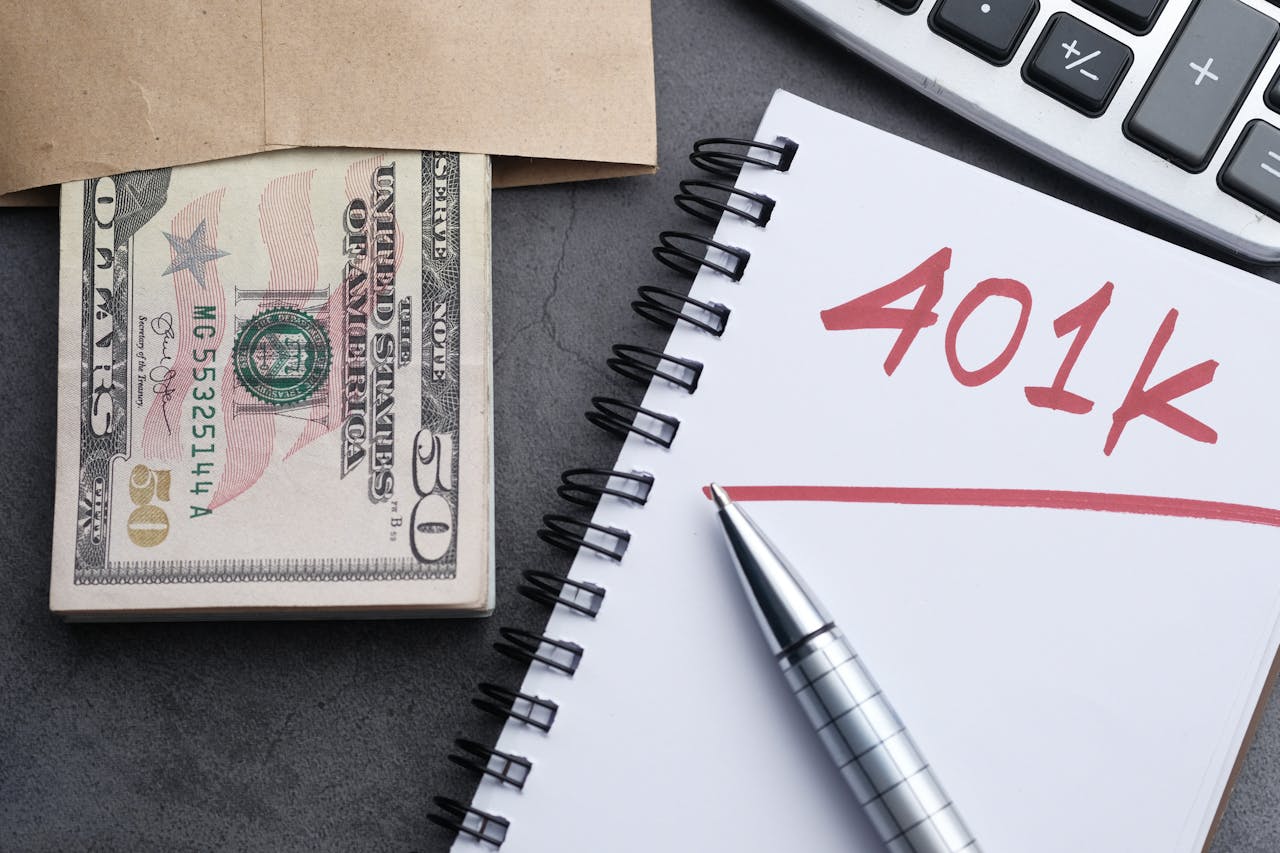
If you’re looking for a long-term investment option, consider starting a Traditional or Roth Individual Retirement Account (IRA). IRAs offer tax advantages that can help your investments grow more efficiently over time. With a Traditional IRA, contributions may be tax-deductible, while a Roth IRA allows for tax-free withdrawals in retirement. Many financial institutions offer low-cost options for opening an IRA, and you can start with less than $1,000. This option not only helps you invest but also prepares you for a more secure retirement.
6. Peer-to-Peer Lending

Peer-to-peer lending platforms connect borrowers with individual investors willing to lend money. As an investor, you can fund loans with as little as $25, allowing you to spread your investment across multiple loans to reduce risk. While peer-to-peer lending can offer attractive returns, it does come with risks, as borrowers may default on their loans. Conduct thorough research before investing, and consider starting with a small amount to gain experience in this unique investment avenue.
7. Invest in a High-Quality Index Fund
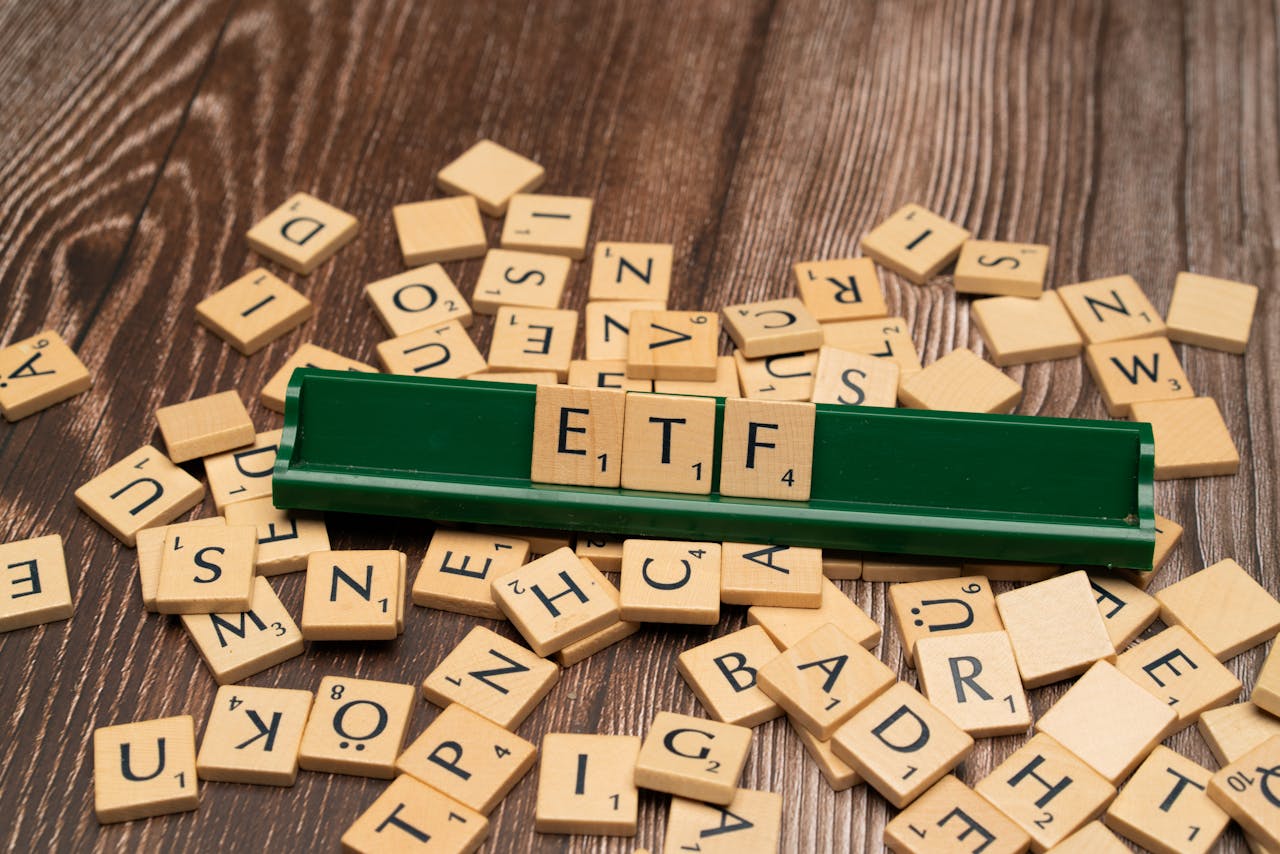
Index funds are mutual funds or ETFs designed to replicate the performance of a specific market index, such as the S&P 500. These funds provide instant diversification and are often passively managed, resulting in lower fees compared to actively managed funds. You can start investing in index funds with less than $1,000 by purchasing shares through a brokerage account. This approach allows you to participate in the stock market’s overall growth while minimizing risk through diversification.
8. Explore Real Estate Crowdfunding

Real estate crowdfunding platforms allow investors to pool their money to invest in real estate projects. Many platforms have low minimum investment requirements, often starting around $500. This option enables you to diversify your investment portfolio by gaining exposure to real estate without needing significant capital. Keep in mind that real estate investments may have longer holding periods and can come with risks, so be sure to research potential projects thoroughly before investing.
Final Thoughts

Starting your investment journey with less than $1,000 is not only possible but can also be a rewarding experience. By exploring options like high-yield savings accounts, ETFs, robo-advisors, and fractional shares, you can begin to build your portfolio and grow your wealth over time. The key is to start small, educate yourself, and remain consistent in your investment efforts. Remember, investing is a long-term commitment, and every dollar you invest today can contribute to a brighter financial future tomorrow. Take the first step toward your financial goals, and watch your investments grow!








